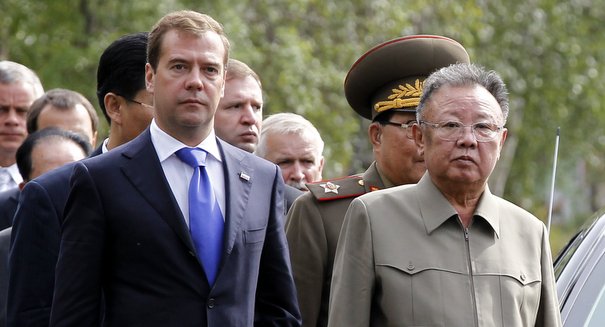What is Russia’s stance on tensions between DPRK and the republic of Korea?
Moscow has condemned North Korea’s shelling of the South Korean island of Yeonpyeong in the Yellow Sea. It has also expressed concern over Pyongyang’s recent revelation of its efforts to build centrifuges for uranium enrichment. While Russian Foreign Minister Lavrov did not hesitate to condemn the DPRK in face-to-face meetings with his North Korean counterpart Park, the Russians have called—indirectly—on South Korea and the United States to show restraint, particularly in holding large-scale military exercises.
What will Russia do?
Not much. It will intensify its diplomatic contacts on both sides, to demonstrate its interest and involvement.
Will Russia align itself with North Korea against South Korea, Japan and the U.S.?
No. Between the two Koreas, Moscow’s choice is South Korea. It is an interesting partner for Russia, given its modernization potential and proximity to Pacific Russia. When Russians look into the future, they see a reunified Korea under the leadership of the South. And they act accordingly.
What is Russia’s stance on the six-party talks?
Moscow supports the resumption of the process, when the appropriate conditions are met. This includes, presumably, the DPRK’s honoring of UNSC Resolutions 1718 and 1874.
What are the next steps?
At this point, it is very important for China and the United States to enter into an in-depth bilateral dialogue on Korea, in an effort to reach a strategic understanding on how to handle Pyongyang and its nuclear ambitions. Without it, not only will there be tension on the Peninsula, but the DPRK will be able to use Sino-American mistrust and lack of agreement to create new provocations, any of which might destabilize the situation in North-East Asia.
